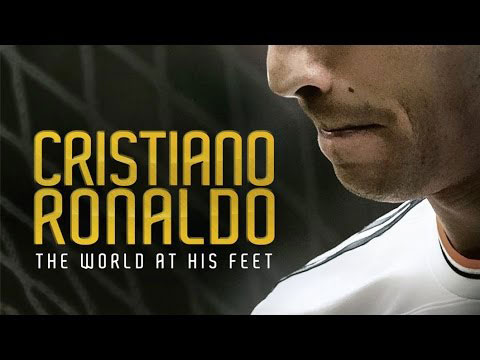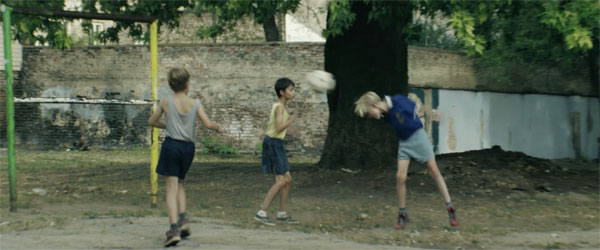Over the years, we've shown a lot of great World Cup-related films at K+S Soccer Film Festivals. With the World Cup kicking off in Russia, we thought we'd share 14 of our favorites.
Zinedine Zidane, during downtime with France in 1998
Les Yeux dans Les Bleus | Director Stephane Meunier tells the inside story of France's 1998 World Cup triumph, with amazing access and all the drama of a team of superstars, including Zidane, Henry, Deschamps, Desailly, and Djorkaeff. Les Yeux holds a special place in our hearts: It opened our very first festival in 2009.
The Game of Their Lives | Made by longtime K+S friend Daniel Gordon, who also directed the last two World Cup recap films for FIFA, this documentary recounts the story of North Korea's only World Cup appearance, in 1966. Gordon goes to North Korea to find some of the players from the team that charmed British fans and famously upset Italy.
USSR vs. Poland, Camp Nou, Barcelona, in 1982
Mundial: The Highest Stakes | Winner of the 2013 Golden Whistle, Michal Bielawski's documentary explores the intrigue surrounding the Polish national team at the 1982 World Cup while Poland was under martial law.
90 Minutes: The World Cup of New York City | Perhaps no city experiences the World Cup like New York -- because every nation is represented the Big Apple. This great little film follows fans in NYC as they cheer on their homelands or heritages at the 2010 World Cup.
The Miracle of Berne | Two intertwined narratives -- one of the German national team competing in Switzerland, one of a stern German man whose son just wants to go see die Mannschaft play at the World Cup -- culminate when Germany face Hungary in the dramatic final in Berne.
Jaime Roos with Edison Cavani (l) and Diego Forlan (r), 2010
3 Millones | Famous Uruguayan musician Jaime Roos and his son Yamandu travel to South Africa to support Uruguay at the 2010 World Cup. Along the way, they hang out with Cavani and Forlan, and plenty of hijinks ensue.
Shooting for Socrates | A young boy’s football passion comes alive in tumultuous 1980s Belfast as Northern Ireland prepare to take on Brazil at the 1986 World Cup.
Bosnia in Our Hearts | Finally allowed to compete in international soccer, the Bosnian national team brings the entire diaspora together. In this short doc, young director Sixten Bjorkstrand follows three Bosnians from Finland on their journey to their nation's final 2014 World Cup qualifier in Lithuania.
The scoreboard after El Salvador's first World Cup match in 1982.
One, The Story of a Goal | In 1982, as El Salvador descended into civil war, the nation's team shockingly qualified for the 1982 World Cup. It didn't go well. Politics and corruption won the day, and team lost 10-1 in their opening match -- to this day the worst defeat in World Cup history. But that World Cup -- that one goal -- still holds great importance and pride for Salvadorans.
The Two Escobars | Not just a great soccer film. A great film. The Zimbalist brothers' story of the Colombian national team at the 1994 World Cup, the team's connections to the infamous drug kingpin Pablo Escobar, and the murder of defender Andres Escobar in the wake of his own goal against the United States is a must for any soccer fan.
Boniek et Platini | Winner of the 2018 Golden Whistle for short films, Jeremie Laurent's film evokes the politics and emotion of the 1982 World Cup in Spain. Two young boys in Poland recreate the action of their heroes until a pair of police officers confiscate their ball. Their only recourse is to challenge them to a match, with the ball -- and so much more -- at stake.













